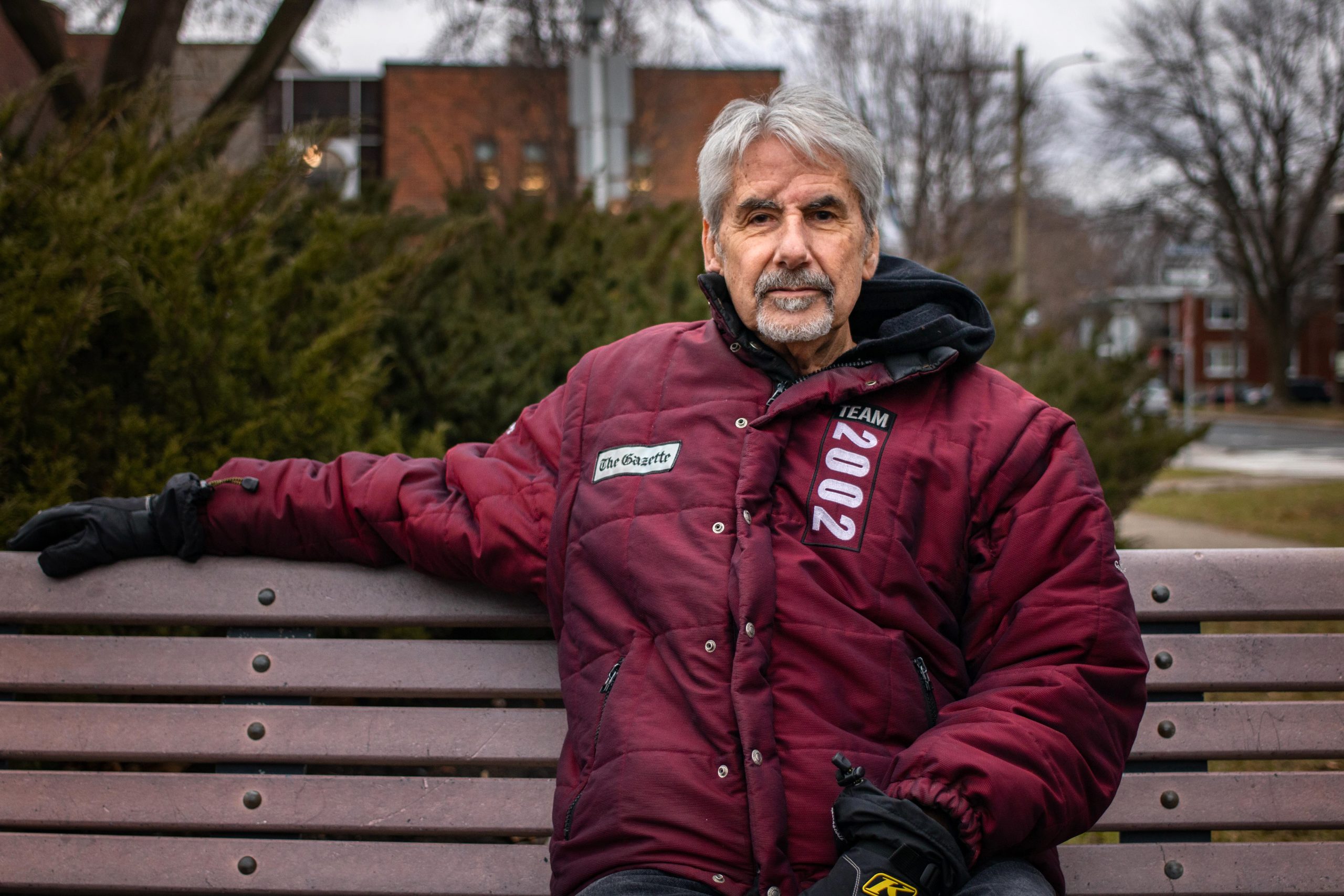Heavyweight sports columnist Jack Todd talks journalism and his new novel
Newsrooms are abandoned. Bookstores await shipments to stock their empty shelves. As Quebec braces for the next wave of the COVID-19 pandemic, Jack Todd is hunkered down in his basement office in Longueuil’s Greenfield Park. Despite the decline of the print media and publishing industries, Todd is focused on penning his next piece of writing on his own terms. Whether it’s a new novel or commenting on a Canadiens game, Todd is typing up the new stories he wants to tell.
“All in all, life isn’t that different for me,” Todd says. “I spend much of my time holed up in my basement office anyway. I write very quickly so the usual pattern is, faff around for three hours, then write 2,000 words in an hour and quit. Then tear it all up and start again the next day.”
The Nebraska-born writer had worked in the newsrooms of the Miami Herald and the Detroit Free Press before being drafted to fight the Viet Cong in 1969. Although he wanted to write about the battlefront first-hand, Todd conscientiously objected to the Vietnam War. He defected from the U.S. Army and moved to Canada in 1970.
Thirty years after his military desertion, Todd published his 2001 memoir, A Taste of Metal, which marked the start of his literary career outside of the newsroom.
On the journalism front, Todd has fired up his readers with hard-hitting sports columns and features for the Montreal Gazette since 1986. In his signature combative style, Todd has sparred with sports figures and angry fans alike, including Don Cherry whom he called a “national disgrace” in a 2019 article and accused of espousing “bigoted, semi-coherent rants.”
Todd was furloughed for the first eight months of the pandemic, but he has since returned to the Gazette.
“Journalism right now is at a bit of an impasse – there has probably never been so much good journalism done in so many places but it comes at a time when advertising revenue has dried up because of COVID-19,” he says.
“I hope there’s a future for print journalism,” he says. “I think that print has to remain print to succeed and to stop turning itself into a pale imitation of television or the web.”
Despite the media turmoil which has also seen the literary publishing come to a near halt, Todd released a new work of fiction in July, The Woman in Green. As a ghost story and romance mystery novel, it is a departure from his earlier work that mainly focused on stories about surviving the violence and desperation in the American heartland. It is also his only novel set in Montreal.
“For some reason, I’ve always found writing about Montreal difficult,” he explains. “I have a love-hate relationship with this city that I have to work out some day.”
Lucinda Chodan, Editor-in-Chief at the Montreal Gazette, believes that Todd is the rare breed of writer with both literary and journalistic chops.
“In his fiction he has an incredible sense of detail and a command of setting a scene which is also something that he does very effectively as a feature writer and as a columnist,” she says. “He is a masterful writer in making sure that the tone is a multidimensional tone, not just painting a picture, not just reporting facts.”
Although his journalistic career began in the 1960s, Todd released his first novel in 2008.
“I think I’m much more confident now than I was when I first began writing fiction,” he says. “It was what I have wanted to do since I was 18 years old but an early obsession with the work of writers like James Joyce and Thomas Pynchon did not help at all. I’d write a few pages, compare it with their work, feel that it just didn’t stand up, and rip it up.
“My goal now is actually quite simple. Having spent a long stretch of my life flying around the world to cover sports, the thing I valued most was that book that would get me through a flight to Australia,” he explains.
Todd’s goals moving forward remain unchanged.
“For the past 15 years or so I’ve always had multiple projects going,” he explains. “One of my problems is that I have trouble settling on one thing.” The Shadow Boy, a psychological horror story set in New Mexico and Maine, is the one he hopes to see in print next. By the sound of it, the novel-in-progress represents another departure for a writer unafraid of embarking on new territories in both fact and fiction.
Newspaper revenue may be plummeting and the writing world may be subsiding around him, but Jack Todd is soldiering on.
Feature photo by Christine Beaudoin
